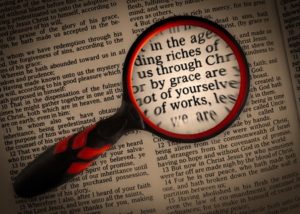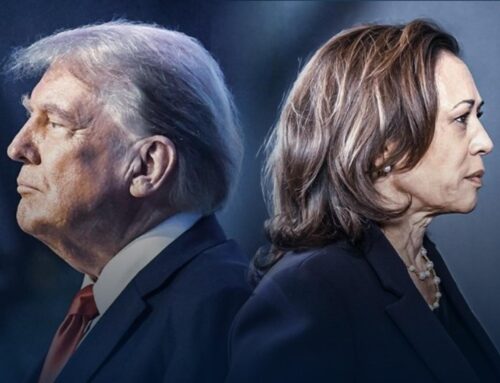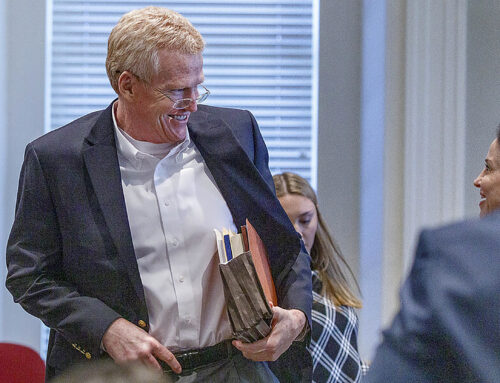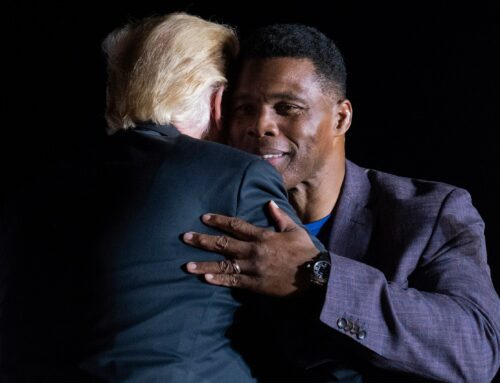
Biblical interpretations regarding our American engagement of the bible are always rooted in individual context. Several years ago, as a second year seminary student, I was advised by my homiletics professor, now Dean of Morehouse School of Religion, Joseph Evans, “to first, always compare the scripture with my personal journey.” He suggested that not until such time should I seek the commentary of other writers. Kathleen O’Connor agrees with his instructions as expressed in her essays on Crossing Borders. As it relates to literary interpretation of the biblical text, she writes that students should “investigate text by staying away from commentaries until they have done their own work.” (Tolbert 2009)
America is home to many people from many diverse global communities. In particular, Native American, African Americans and Asian Americans all come to the biblical text immersed in the realities of their own experiences and culture. Therefore each will have their voices among the theological community muted to some degree. Still their observations and engagement are uniquely linked in a thread of distrust and criticism.
The most notable concern for these communities would be one of language. Clearly, the first slave brought to this country and those Indigenous Natives were at a disadvantage when it came to initial interpretation. As the engagement commenced both would find ways to modify and alter the readings in such a way that it was envisioned within the context of a language more readily accessible to their people. Many of the themes and characters described in scripture were adapted to fit the conditions of the individual communities. Those stories of hope and struggling through difficult conditions were attractive and reinforced the literary interpretations necessary for their retelling of the stories.
Because the Bible and its Western and European handlers brought a sense of privilege to the engagement meant that these other communities would have to find a way to rise above the interpretations that often relegated them to a marginalized or inferior class. This common thread is responsible for pushing American’s to see in the scripture the stories and messages that suggest they can overcome and rise above the oppression of the dominant society. In order to ensure that their offspring are able to embrace these new forms of Christianity the cultural rituals and customs are ultimately intertwined.
It is also this common thread that allows those of us in the marginalized communities to see and identify with the suffering of all of humanity. The Jesus story is connected to our history of suffering in these United States. The Jesus that was unjustly treated and persecuted is the Jesus that we know will understand our cry. This is evidenced in the sermon given by Dr. Martin Luther King, Jr., in the spring of 1967. King’s sermon addressed the violence of war on a vulnerable and impoverished population. This biblically laced sermon would spur the scorn of political leaders in America and would ultimately lead to his murder one year later in Memphis Tennessee, while working to support the plight of poor workers.
The question, I believe facing the 21st Century preacher is how does your marginalized reality in America impact your global critique of the scripture? It stands to reason that if more of us were to release our imperialistic views of religious piety we could more easily tell the story of a God who suffered unjustly to a nation of people who share similar suffering.






